R. Eric Thomas is the bestselling author of Here for It, a Read with Jenna book club pick featured on Today and a Lambda Literary Award finalist. He is the co-author of Reclaiming Her Time, a biography of Rep. Maxine Waters. He is also a television writer (AppleTV+’s Dickinson, FX’s Better Things), a playwright, and the long-running host of The Moth in Philadelphia and D.C. For four years, he was a senior staff writer at Elle.com where he wrote “Eric Reads the News.” Kings of B’more is his YA debut.
I had the opportunity to interview R. Eric Thomas, which you can read below.
First of all, welcome to Geeks OUT! Could you tell us a little about yourself?
I’m a bestselling author, television writer, and playwright based in Philadelphia, where I live with my husband, who is a Presbyterian pastor.
What can you tell us about your latest book, Congratulations, The Best Is Over!? What inspired this project?
I turned 40 a year into the pandemic while living in a house I never imagined I’d want in a suburb that gave me the creeps sometimes and I looked around and thought “Okay, what now?” I had planned to have an elaborate costume party with very annoying rules for my 40th and invite everyone I’d ever met, but instead I was unexpectedly living in my hometown again, struggling to make adult friendships, bleaching my mail, and tweeting out jokes about the apocalypse. I thought the juxtaposition of a common phase of life change with this shocking, seismic global upheaval was worth exploring. And as someone who primarily writes comedically, I thought it was a worthy challenge to see if I could make enough jokes about my mid-life/existential crisis to find hope again.
As a writer, what drew you to the art of storytelling, specifically non-fiction (essays)?
Stories are empathy engines and there’s something extraordinary that happens when you tell a true story to another person. It opens up a bridge between you, it inspires both of you–or all of you—to think more expansively about commonality and connection. It’s generous and vulnerable. Storytelling changes us, it teaches us and excites us and challenges us. I started out telling true stories, live, with no notes at shows like The Moth, and I’d never experienced anything like it. I’ve done standup, I tried my hand at spoken word, I’ve hosted cabarets and drag shows; I loved all of those experiences but I found that there was nothing like storytelling.
Recently, you’ve entered into the world of young adult fiction, with your book, Kings of B’more? May I ask what inspired this story, as well as your interest in writing YA?
I wanted to write about platonic love between two Black, queer boys; I wanted to write a story where their trauma wasn’t the focal point; I was interested in a space of possibility for their exuberance and their softness. I wanted to craft the world as I knew it could be. And I knew that if I didn’t write it, that some young person out there wouldn’t get to know that it was possible. I wrote what I’d never read, a world that I get to live now as an adult. My trips to the library as a middle and high schooler expanded my view of the world in so many ways; I’m still learning from books I discovered in 9th or 10th grade. I wanted to add to that tradition for those coming after me.
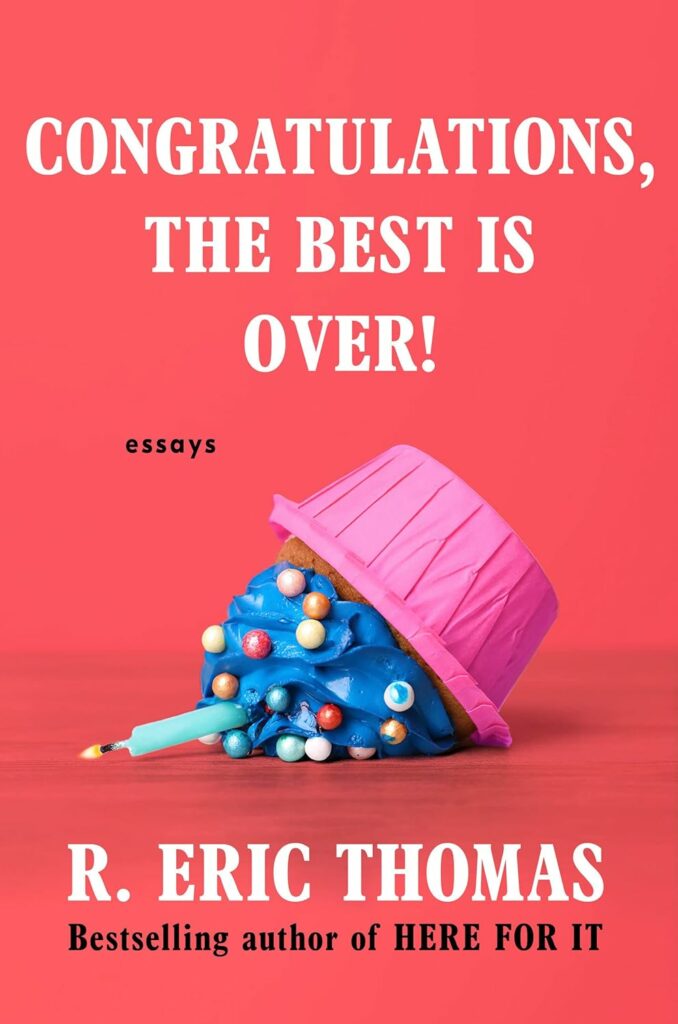
How would you describe your general writing process?
Chaotic. I always have multiple projects going on. I follow inspiration. I get lost. I have to trick myself into finishing things. I recently remodeled my office for a week because a chapter was making me nervous. It’s a mess. I should be exiled from writing.
Are there any ways in which it is similar or different when writing fiction vs non-fiction?
With both forms structure is very important, particularly in the way that I approach non-fiction. I write non-fiction as if I am the main character, the protagonist, and the essay usually follows the natural arc of me getting closer to or farther from what I want. I think trope and genre can be as useful in non-fiction as they are in fiction and can expand the possibilities of what I’m creating.
What are some of your favorite elements of writing? What do you consider some of the most frustrating and/or challenging?
I both love and hate revision. I really try to embrace the freedom of being able to write a very imperfect first draft and the process of slowly, painstakingly finding the right piece inside of the imperfection. But I also get really frustrated sometimes in the writing process because there is never a single “right” piece. It’s easy to get lost in the searching, which is why I value having such smart editors.
As a writer, who or what would you say are some of your greatest creative influences and/or sources of inspiration in general?
I am obsessed with Toni Morrison, August Wilson, Colson Whitehead, and Ann Patchett.
Many authors would say one of the most challenging parts of writing a book is finishing one. What strategies would you say helped you accomplish this?
Having a regular practice can be key. As can having deadlines, even if it’s just a friend who you’ve promised to get a draft to. Knowing that someone is waiting, whether that someone is the hopeful version of yourself who made your schedule or an eager reader, can push you over the finish line.
Are there any projects you are working on or thinking about that you are able to discuss?
I’m in the middle of writing another novel, this one for adults. It’s a queer love story about second chances and a vacation town trying to reinvent itself.
Finally, what LGBTQ+ books/authors would you recommend to the readers of Geeks OUT?
Philip Ellis’s Love and Other Scams is such a delight and I can’t wait for his next book, We Could Be Heroes. Everyone should read Audre Lorde, particularly Sister Outsider, and Alexander Chee, particularly How to Write an Autobiographical Essay. Meccah Jamilah Sullivan’s Big Girl is phenomenal. I cannot stop screaming about how great Idlewild by James Frankie Thomas is. Holy cow! What a masterpiece!


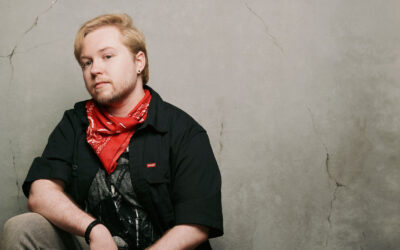
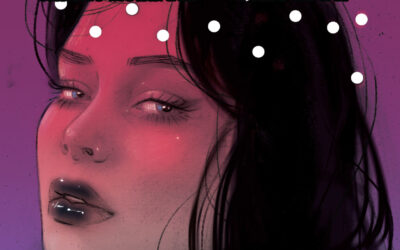
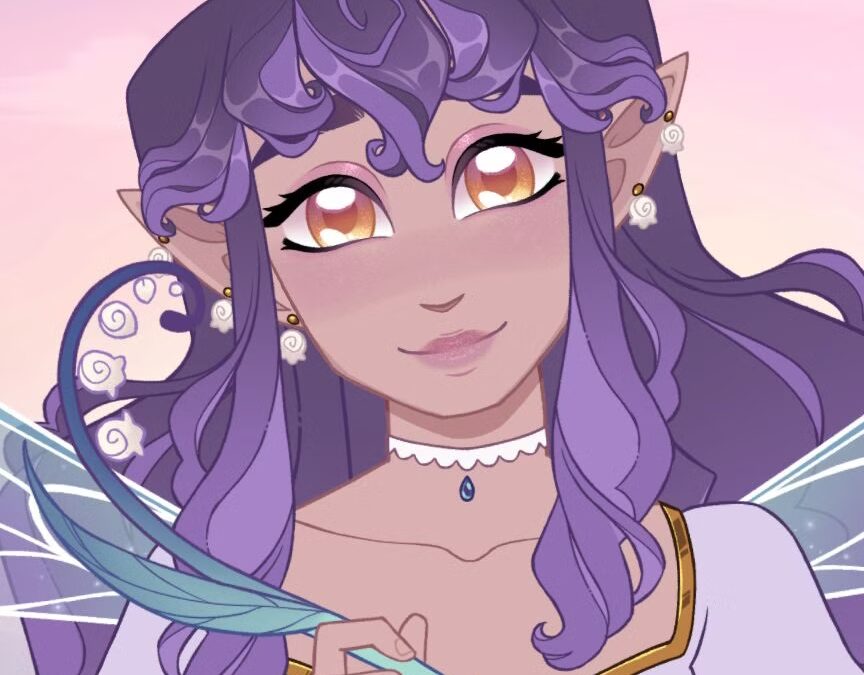
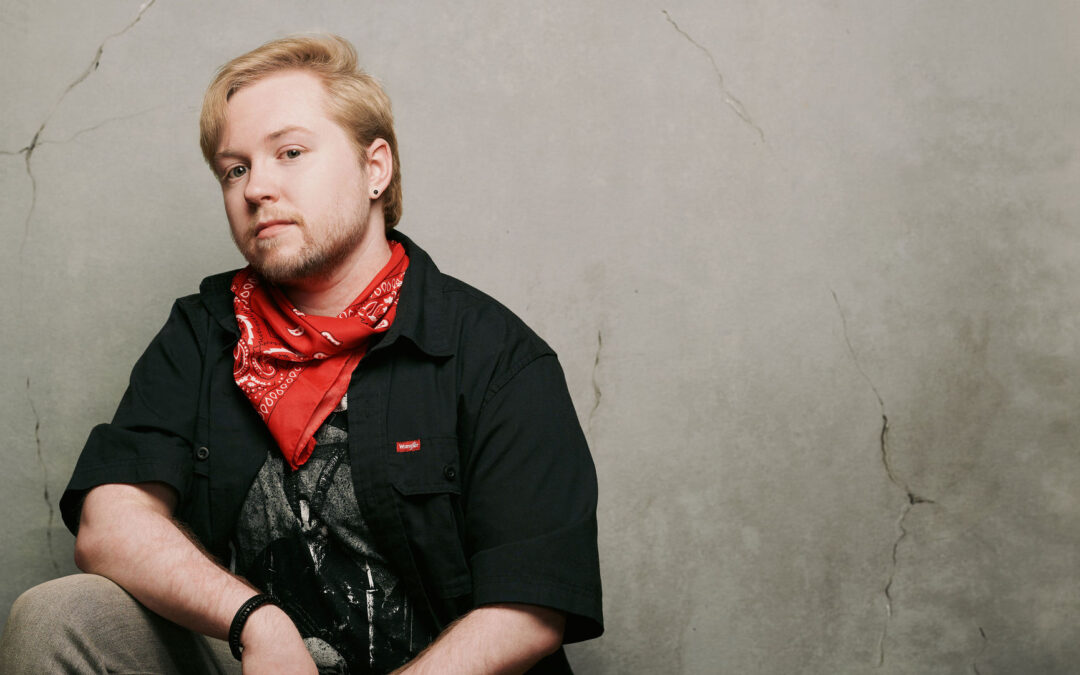
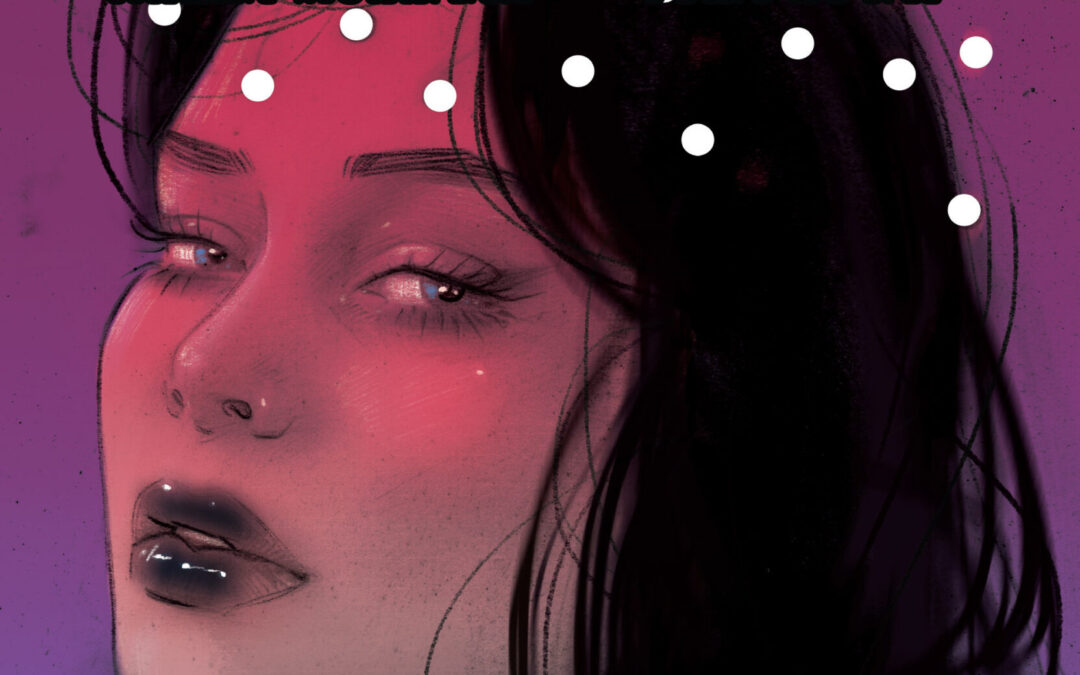
0 Comments